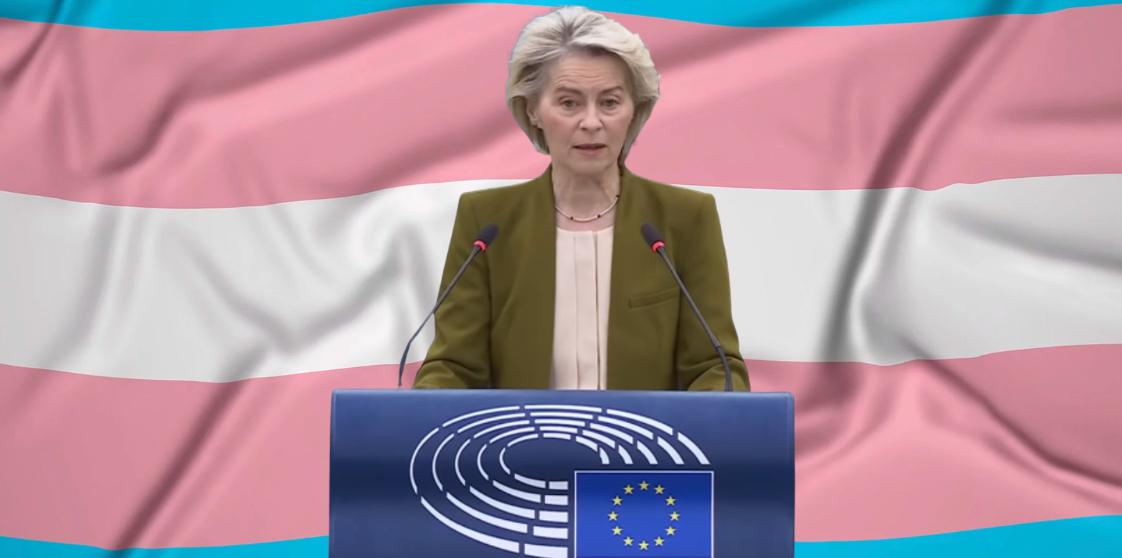Twitter has banned a conservative reporter who was openly trying to be less edgy and more newsy, three years after being embroiled in Gamergate and other internet-based arguments.
When it comes to the research and aggregation of political news, Nick Monroe is second to none. Anyone within the political sphere—whether on the left or right—is familiar with the independent journalist, who goes by @nickmon1112 on Twitter.
Or at least he did, until Twitter banned him on Tuesday.
Known for his investigative tweet threads involving topics such as AntiFa, online censorship, to the latest happenings on social media, Monroe was often cited in conservative news outlets including Breitbart, Daily Caller, PJ Media, and others—to name a few.
He is the master of the medium, and Twitter is poorer for it.
It wouldn’t be his first rodeo, but it may well be his last. Earlier this month, Breitbart reported Twitter, which banned political video remixer Carpe Donktum, had also suspended Monroe. Twitter admitted that the suspension was a “mistake.” The company has not explained its ban this time around, using a wholly new excuse to ban Monroe, specifically citing a violation of the company’s rules against evading permanent suspension.
Unlike other news reporters on Twitter, Monroe often revisited months-old threads with updates and compiled his research in Twitter Moments, making them easy to reference. Following Twitter’s decision to ban him, his entire catalogue of work is gone. Down the memory hole.

"I have used the same Twitter account since December 2015. For the past three and a half years I've been Nick Monroe," Monroe told Human Events.
"Which is, to say, myself. I worked as a games journalist for The Escapist Magazine and Gameranx. It started me on a more honest path for myself as I swore to keep things above board. Which I have," he continued.
"I spent the past three and a half years working hard and keeping my nose clean. Sometimes people have tried to get me in trouble for that. But it's always a learning experience."
Monroe refers to past allegations that he was involved in harassing video game developers when he was a prominent figure in the "GamerGate" online movement.
[maxbutton id="2" text="Help Human Events Reach More People" ]
"Any Twitter account that I've had before is so far away from who I am now that there's no point in even trying to associate it with me. Yes. I was around during GamerGate. Yes. Those times were ugly," said Monroe. "But getting rid of one of the few remaining people who actually SAW and EXPERIENCED everything that went on back then? That does the online community a disservice."
"Any mistakes or perceived slights I have ever made, I've owned up to. Dearly. Constantly. So much so, in fact, that I can say with confidence that Twitter's removal of me today is uncalled for."
"Even if my account is gone forever and there's no way for me to return, I want to take the time to thank everyone who has accepted my three and a half year long apology. That is to say—I set out to do better. To be better. To have a chance to earn people's trust and respect. It means to me more than you know that I've been able to do something remarkable for everyone," Monroe concluded.
Before Monroe got into the habit of curating tweet threads about any given news story, Monroe had already established himself as a game journalist. Writing for a variety of entertainment news outlets as a freelancer, the Society of Professional Journalists gave Monroe an award for his coverage of the SAG-AFTRA voice actors strike in 2016.
Monroe’s work earned him a large following of conservatives on Twitter, including Donald Trump Jr., and numerous journalists, who have since chimed in to decry what appears to be his permanent suspension.
Others on the left, including Far Right Watch’s Jared Holt and Daily Beast’s Will Sommer, have expressed confusion over the suspension, alongside accusations impugning Monroe’s past behavior and associations with the GamerGate campaign.
Thus far, no one has taken explicit credit for reporting Monroe’s account to Twitter.
Nick Monroe's ban is more than an issue of censorship. His compilations of research acted as snapshots of the political zeitgeist at any given point in time, reflecting both the atmosphere and mood surrounding each news event. It’s the stuff of documentaries, and now it is lost.
Ian Miles Cheong is the managing editor of Human Events





